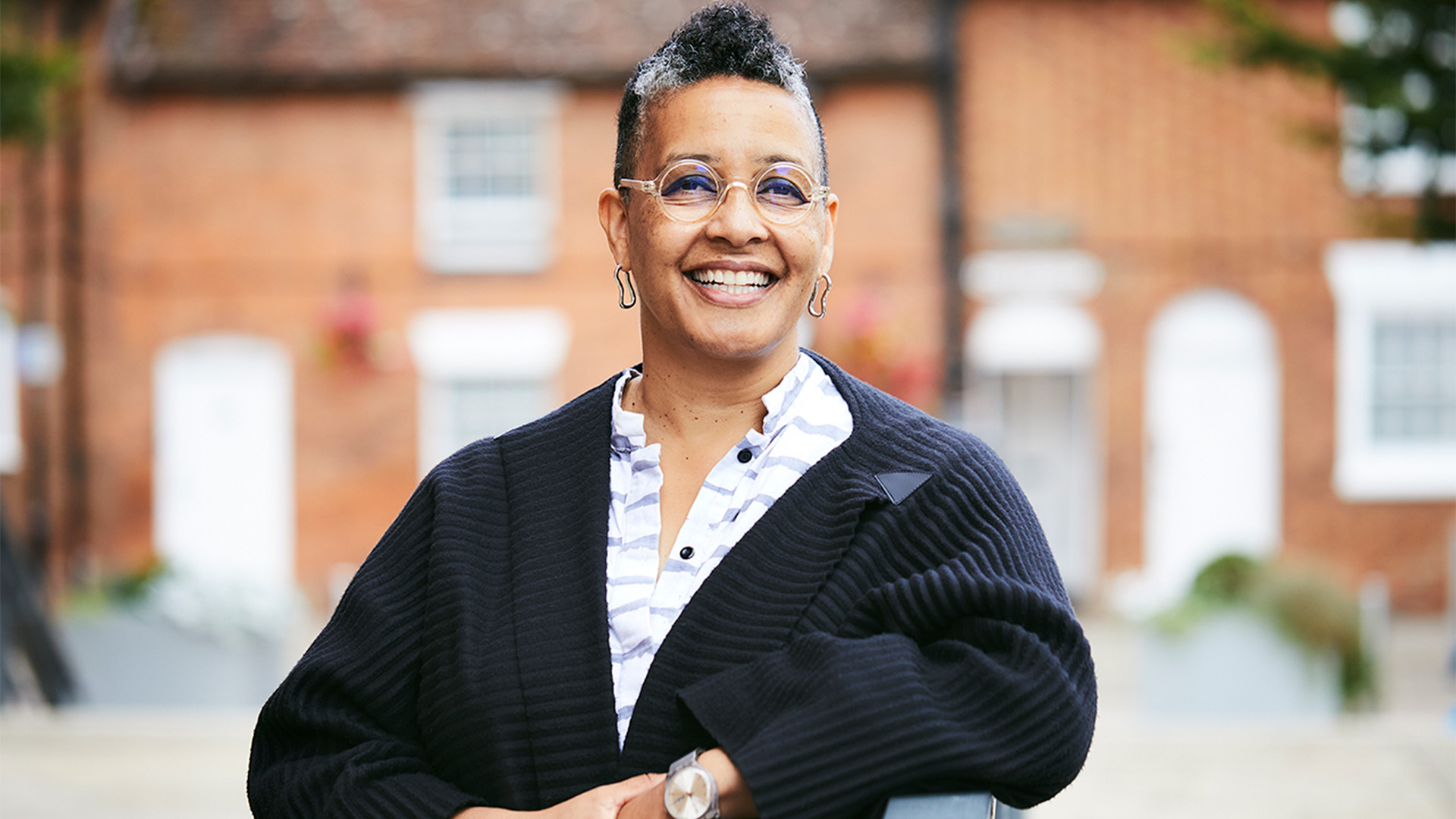Tabitha Jackson
(she/her) – Curious Cultural Leader – Connecticut/New York, USA. Hosted by
Massachusetts Institute of Technology (MIT)’s Open Documentary Lab and Co-Creation Studio.
Tabitha Jackson is an arts advocate and consultant who has spent the last 30 years supporting the independent voice, championing the social and cultural power of artful cinema, and furthering the mission of uplifting a more expansive set of makers, audiences, and forms. In 2020, as the first woman and person of colour to be appointed Director of Sundance Film Festival she re-imagined and led two technologically innovative and radically accessible pandemic editions which “expanded the possibilities of what a film festival can be, and who it can be for.” Between 2013 and 2020 she headed the Sundance Institute Documentary Film Program rethinking traditional project support in favor of more artist-centered models, and advocating for more institutional support of formal innovation in nonfiction cinema. In the UK Tabitha worked at BBC Television as a producer/director, at Channel 4 as Commissioning Editor for Arts and Performance, and Executive Producer of bold theatrical documentaries for Film4 including 20,000 Days on Earth (Iain and Jane), The Arbor (Clio Barnard), The Imposter (Bart Layton), The Pervert’s Guide to Ideology (Sophie Fiennes) and Dreams of a Life (Carol Morley). Tabitha is a member of the Academy of Motion Picture Arts and Sciences, and served for 6 years on the Documentary Branch Executive Committee. She was also a 2024 Shorenstein Film Fellow at the Harvard Kennedy School and, somewhat randomly, author of The Boer War. She is a passionate believer in the power of meaning-making, and in the vital role of the arts as a transformative public good.
